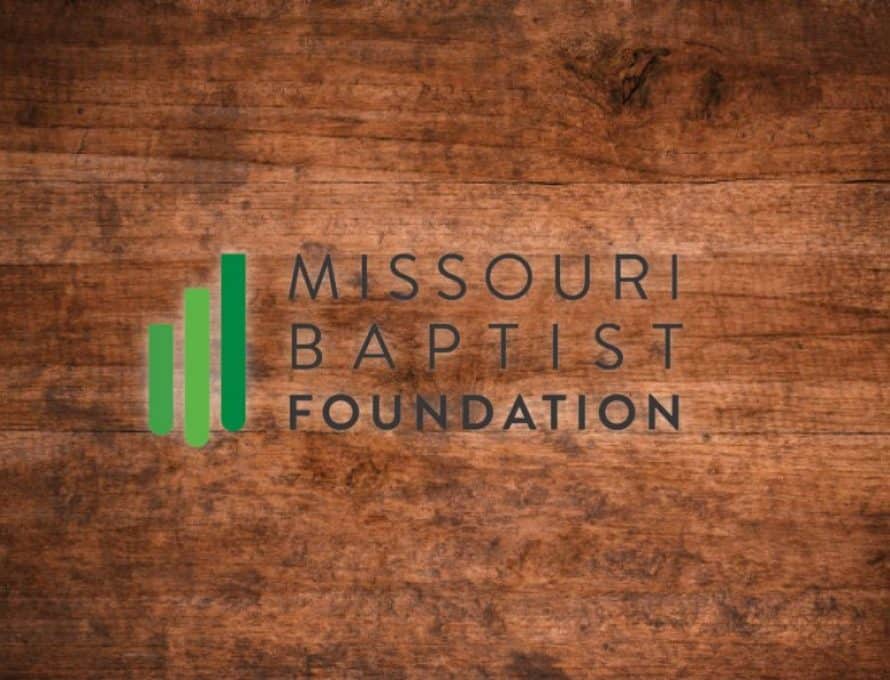The Christ-followers at Corinth had countless problems and squabbles. My guess is, they were Baptists. The Apostle Paul, in his two letters to the Corinthians, had to deal with several difficult, controversial topics.
One delicate topic Paul was brave enough to broach with them was the issue of fundraising. A key event in Paul’s fruitful ministry was the offering he collected from poor Gentiles in Asia to be given to even poorer Jewish saints in Jerusalem. Paul prayed this offering would strengthen the Church’s solidarity by bonding Jews with Gentiles, and thereby helping them to become truly one body in Christ.
To promote this offering, Paul devoted two whole chapters to the matter of giving. II Corinthians 8-9 have established forever the standard for Christian giving and fundraising. Paul here taught us the proper spirit in which money should be given and in which appeals for money should be made. Using tact and delicacy, he approaches the issue in a winsome way, and from a happy state of mind.
Paul knew the power of a good example. To help spur giving in the church at Corinth, in south Greece, Paul decided to tell them what had been done by their sister churches at Philippi, Thessalonica, and Berea in north Greece, in the province of Macedonia.
In their giving, the Macedonians had “the grace of God bestowed” (2 Cor. 8:1) on them. To Paul, giving was evidently as spiritual an act of worship as praying, Bible reading, and witnessing.
In fact, he had previously commanded the Corinthians to make giving a part of their Sunday gatherings (1 Cor. 16:2). This is one reason our public worship services usually include an offering. It is neither a new idea, an afterthought, nor something we tack on at the end of church, but rather a Bible-based activity. Giving is holy, spiritual, worship.
This is good news for believers. Since giving is a spiritual act, it is the Holy Spirit’s doing. This means every believer can be enabled to do it, and do it well. Even an Ebenezer Scrooge can be changed.
A disposition to give as generously and happily as the Macedonians gave has to come from God. A Pastor may be able to pry open a finger or two, but only the Holy Spirit can open hands and hearts. Sacrificial giving is foreign to our natural bent. To trigger generosity, we need a miracle, God’s direct intervention.
When it comes to developing a true spirit of giving, our first need is to pray significantly for ourselves. Ultimately, our giving is about our hearts and God. Apart from Him, we will usually consider sacrificial giving a burden, not a blessing. If we refuse to let God enable us to see it as a grace, we will deem it a groan.
Paul was writing some of the poorest people on earth, encouraging them by the example of other poorest people on earth, to give to even poorer people. Today, irony of ironies, I am writing this article in an effort to stimulate more giving among USA believers, some of the richest Christians ever. We live in a land of abundance, and have a huge responsibility—yea, a stewardship before God—to give of our substance.
This giving needs to be done wisely. The Macedonians did not give blindly; they gave at the direction of Paul the Apostle. He helped them be targeted in their giving. This is what the Missouri Baptist Foundation can do for you. The Foundation is in some ways like an extra staff member at your church. Your Cooperative Program dollars help undergird the Foundation as it serves churches, including yours, here in Missouri. Contact us. We want to help you be wise in your giving.

